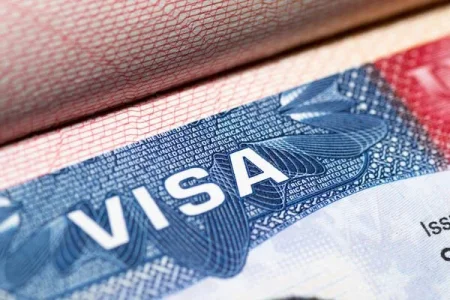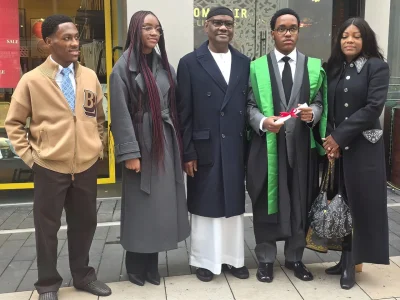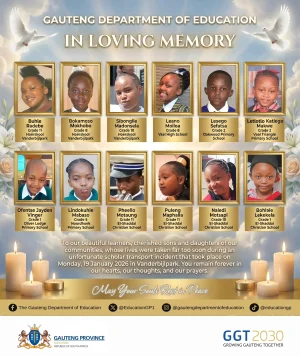
The U.S. has introduced a new immigration policy denying visas and green cards to individuals who promote anti-Semitic content or support terrorist groups via social media. Homeland Security says the measure aims to protect national security, but critics warn it could infringe on free speech and target peaceful protesters.
The United States has unveiled a new policy that will scrutinize the social media activity of visa applicants and green card seekers, potentially denying entry to those found promoting anti-Semitic content or supporting organizations deemed terrorist groups by the U.S. government.
Announced on Wednesday, April 9, the policy states that individuals who express support for groups like Hamas, Hezbollah, or Yemen's Houthi rebels could face visa denials or even deportation. The new measure expands the Trump administration's immigration strategy, making social media activity a crucial factor in the vetting process.
“Anyone who thinks they can come to America and hide behind the First Amendment to advocate for anti-Semitic violence and terrorism—think again. You are not welcome here,” said Department of Homeland Security spokesperson Tricia McLaughlin in a statement.
The U.S. Citizenship and Immigration Services (USCIS) further clarified that any online content promoting "anti-Semitic terrorism" would be considered a negative factor in processing visa applications. This policy will affect all visa categories, including student visas and green card applications.
Secretary of State Marco Rubio confirmed that approximately 300 visas have already been revoked under the new guidelines. "Non-U.S. citizens do not have the same rights as Americans, and it is at my discretion to issue or deny visas," Rubio said, reaffirming the power the government has in denying entry based on such content.
The policy has already sparked controversy, particularly after the deportation of Mahmoud Khalil, a prominent Columbia University protest leader. Khalil, a U.S. permanent resident, now faces removal proceedings despite his activism being nonviolent. Critics argue the new rules could unjustly target peaceful protesters or individuals who attend demonstrations but are not directly involved in promoting extremist ideologies.
Adding to the uproar, the Trump administration has also withdrawn federal funding from several universities, accusing them of failing to address anti-Semitic behavior during ongoing campus protests regarding the Gaza conflict.
Civil rights groups have voiced concerns that the policy could infringe on free speech, as it could penalize individuals for their social media affiliations or attendance at protests, rather than for any actual criminal activity.




